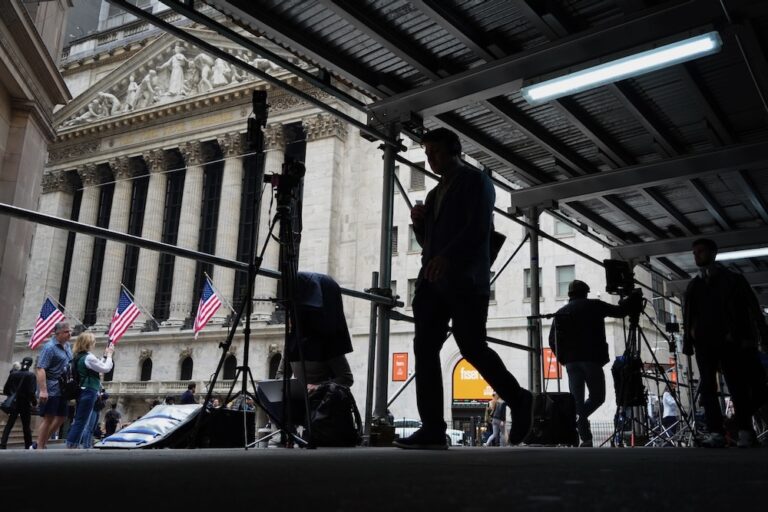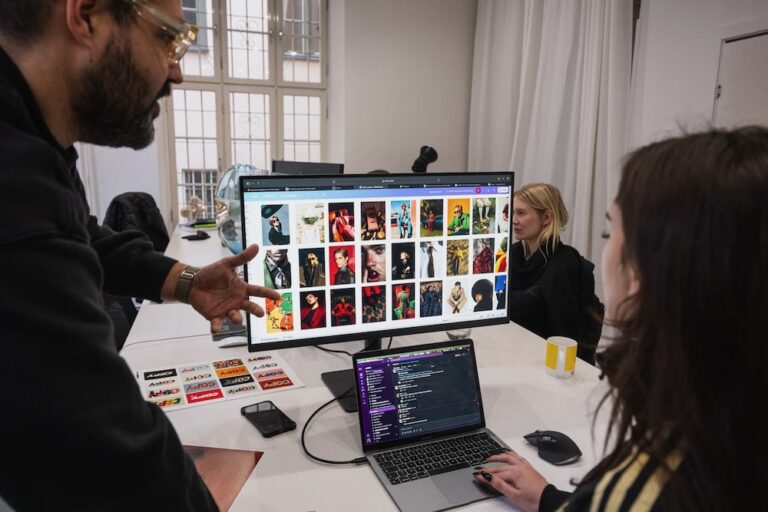(IAPA/IFEX) – The following is a 30 July 2004 IAPA alert: IAPA officers concerned over attacks on press freedom during election periods Positive steps, such as new laws on access to information in Ecuador and the Dominican Republic, decriminalization of defamation in Puerto Rico and the elimination of insult laws in Panama. Concern remains over […]
(IAPA/IFEX) – The following is a 30 July 2004 IAPA alert:
IAPA officers concerned over attacks on press freedom during election periods
Positive steps, such as new laws on access to information in Ecuador and the Dominican Republic, decriminalization of defamation in Puerto Rico and the elimination of insult laws in Panama. Concern remains over crimes against journalists.
Miami (July 30, 2004) – The top officers of the Inter American Press Association (IAPA), meeting today in Miami, expressed their deepest concern and state of alert over numerous attacks against journalists and the media reported during elections in several countries of the Western Hemisphere.
Murders of journalists in Brazil, Mexico, Paraguay and Peru, attacks against reporters and the media in Puerto Rico, a tense environment in Venezuela, a law that prohibits the publishing of election polls in Honduras, and restrictions to the free movement of foreign journalists in the United States are some of the violations reported during the last quarter that the IAPA Executive Committee reviewed.
The officers announced that an international delegation will travel to Venezuela next week, headed by IAPA President Jack Fuller, with the goal of asking authorities to guarantee the free exercise of journalism and to respect freedom of expression during the political referendum scheduled for August 15.
The IAPA’s president also mentioned the organization’s strategy in its fight against impunity and journalists-at-risk projects. Since its meeting in Los Cabos, Mexico, the IAPA recorded the murders of five journalists: Jorge Lourenço dos Santos, from Brazil; Francisco J. Ortiz Franco and Roberto Javier Mora García, from Mexico; Samuel Román, from Paraguay; and Alberto Rivera Fernández, from Peru.
Other attacks against the media and journalists have risen in Brazil, where local elections are being held, and where recently, in Porto Velho, in the Brazilian state of Rondônia, a bomb was launched targeting the headquarters of Diario de Amazônia newspaper.
Violence is not the only form of attack against the press. In Puerto Rico, on the road to elections on November 2, several candidates for governor, outraged by criticisms, have been harassing the media and journalists with accusations and insults. In Honduras, an executive order has violated the public’s right to information by prohibiting the publication of campaign advertisements 50 days before local elections and 90 days before national elections, as well as the printing of results from election polls within the same time frames. In the United States, on July 16, a State Department regulation took effect that forces foreign journalists to leave the country to renew their visas, a measure which obstructs and interrupts the free flow of information. However, following the recent deportation of some nine foreign correspondents, a new proposal is trying to correct the situation by allowing journalists from 27 countries considered to be «friendly nations» to enter the country for 90 days without needing to request a visa.
The press still faces a precarious situation in Colombia, while various aggressions continue to take place in Bolivia, Venezuela and Haiti, this last country still dealing with decades of political violence.
In Cuba, although two independent journalists, Carmelo Díaz and Manuel Vázquez Portal, were released for health reasons, after being in jail since March 2003, 31 journalists remain behind bars, including IAPA director Raúl Rivero. To make matters worse, the United States Government has refused to grant political asylum to Bernardo Arévalo Padrón, who was released from prison last November after completing a six-year prison sentence for having insulted the Cuban leader.
In other countries of the region, such as Chile, Ecuador, Panama, Paraguay and Peru, charges against journalists for alleged defamation continue to be one of the major problems for the free exercise of freedom of the press. In several countries, official advertising continues to be used by governments to award or punish the media.
The IAPA Executive Committee also noted positive steps for press freedom. Among them, they cited the passage of an access to public information law in Ecuador last May, and in the Dominican Republic, in mid-July. They highlighted that Puerto Rico eliminated the article on criminal defamation during a reform of the Criminal Code presented by Governor Sila Calderón that will take effect in 2005. The IAPA also pointed out that the Panamanian Congress approved on first reading a constitutional reform that would eliminate «desacato,» or insult laws.
The Executive Committee expressed its satisfaction that Mexican President Vicente Fox has responded to the IAPA’s call for the case of Ortiz Franco, murdered on June 22, to fall under federal jurisdiction, which could mean a more thorough and expeditious investigation. They also pointed out that Guatemalan President Oscar Berger agreed that the government would take responsibility before the Inter-American Court of Human Rights for the murder of journalist Jorge Carpio Nicolle, killed in 1993. Both measures, the IAPA stressed, are important steps to fight impunity.


